Using Human Rights Law in English Courts
The protection of human rights in English public law. How to incorporate the European Convention on human rights: introduction - the contents of an incorporation act the purposes of incorporation the mechanics of incorporation - eligibility to rely on the ECHR, on whom should the incorporation act be binding?, to what extent should the incorporation act be "entrenched"?, what should be the remedies for breach of the ECHR under domestic law?, should there be a Human Rights Commission?, should there be a separate constitutional court? conclusion. Of myth and reality - judges as guardians of human rights: the myth of adequate protection by "Wednesbury" unreasonableness the myth of judicial supremacism the myth of negative rights. The indirect regulation of speech - a time and a place for everything?: direct and indirect regulation the American experience - content-based restrictions on speech, regulations of conduct which incidentally affect speech, content-neutral restrictions an alternative scheme - a new classification, the appropriate degree of protection "necessary to serve a compelling interest" - the target of the regulation, the severity of the restriction, the timing of the restricting, the location of the expressive activity, the width of discretion vested in the state a case study conclusion. The protection of privacy in English public law. Freedom of movement as a human right in English law. The future of public interest litigation: introduction public interest litigation in the past the private dispute model the role of non-governmental organisations - supporting individuals, applications by groups third-party intervention conclusions.
{{comment.content}}
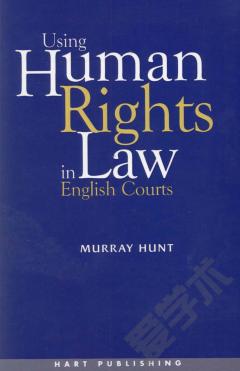

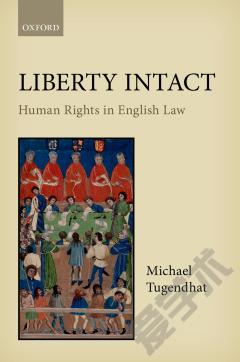
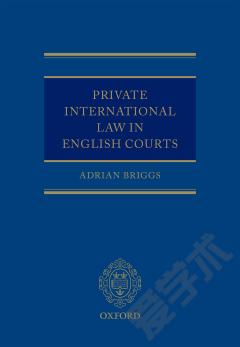
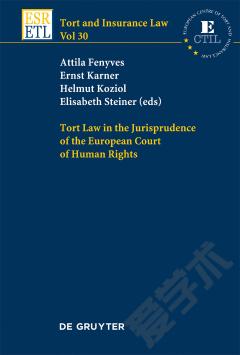
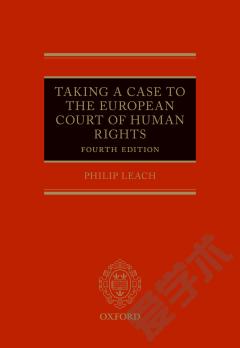
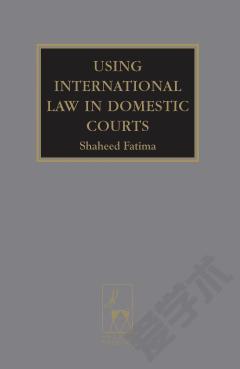

 京公网安备 11010802027623号
京公网安备 11010802027623号